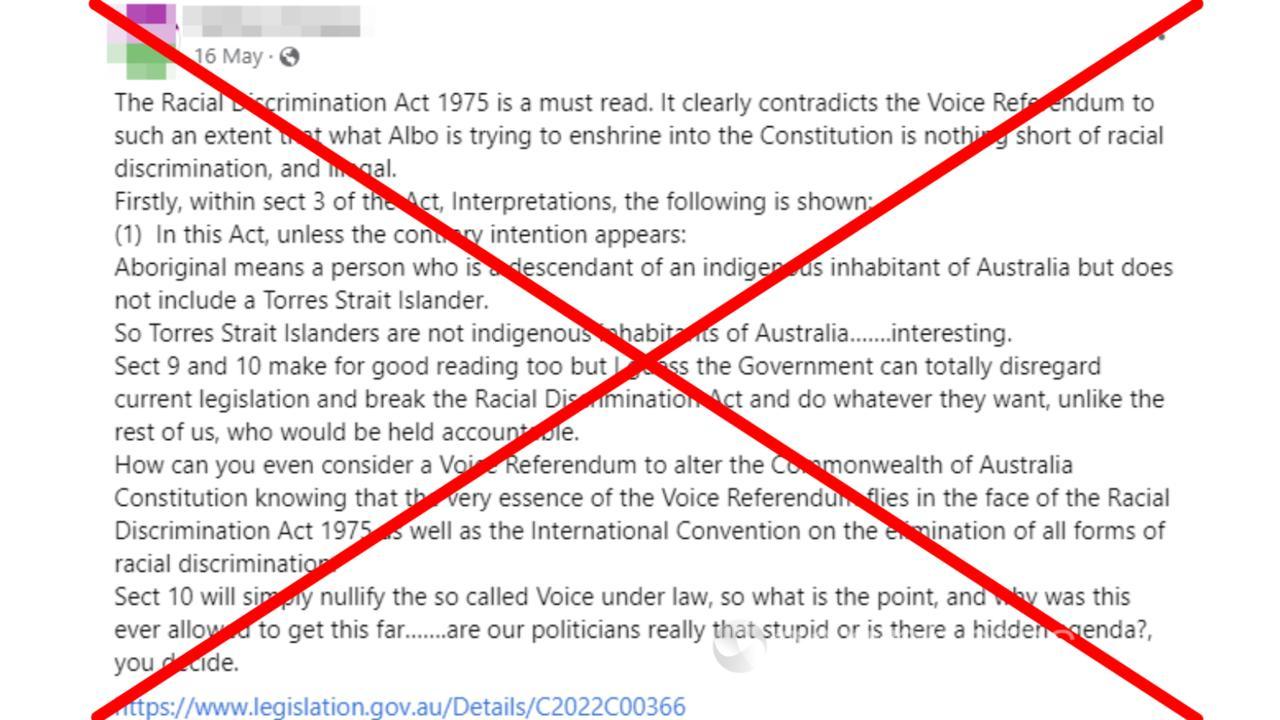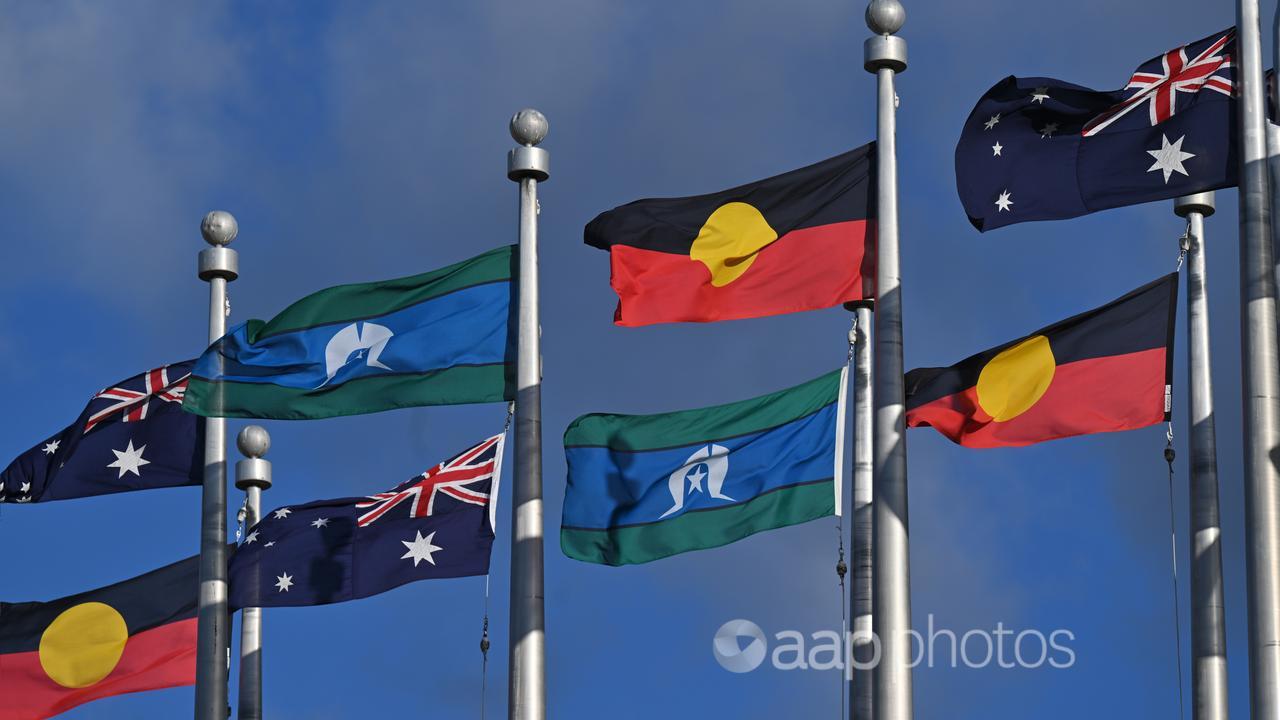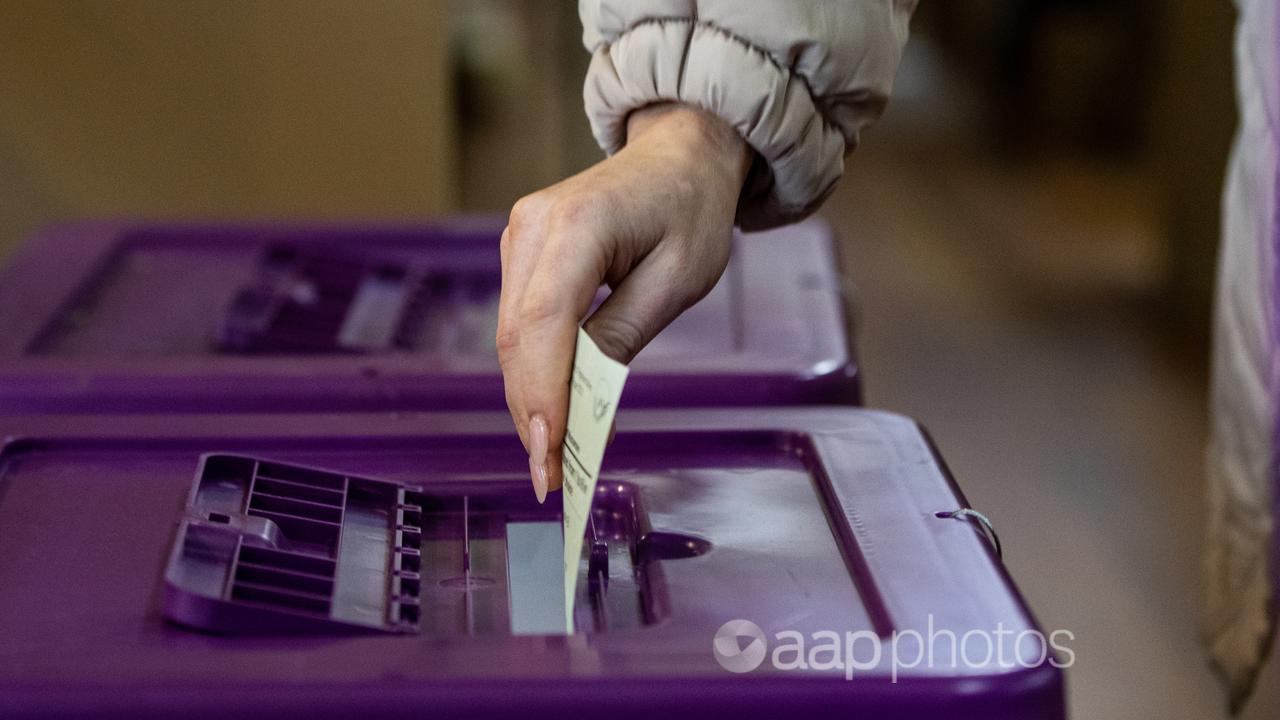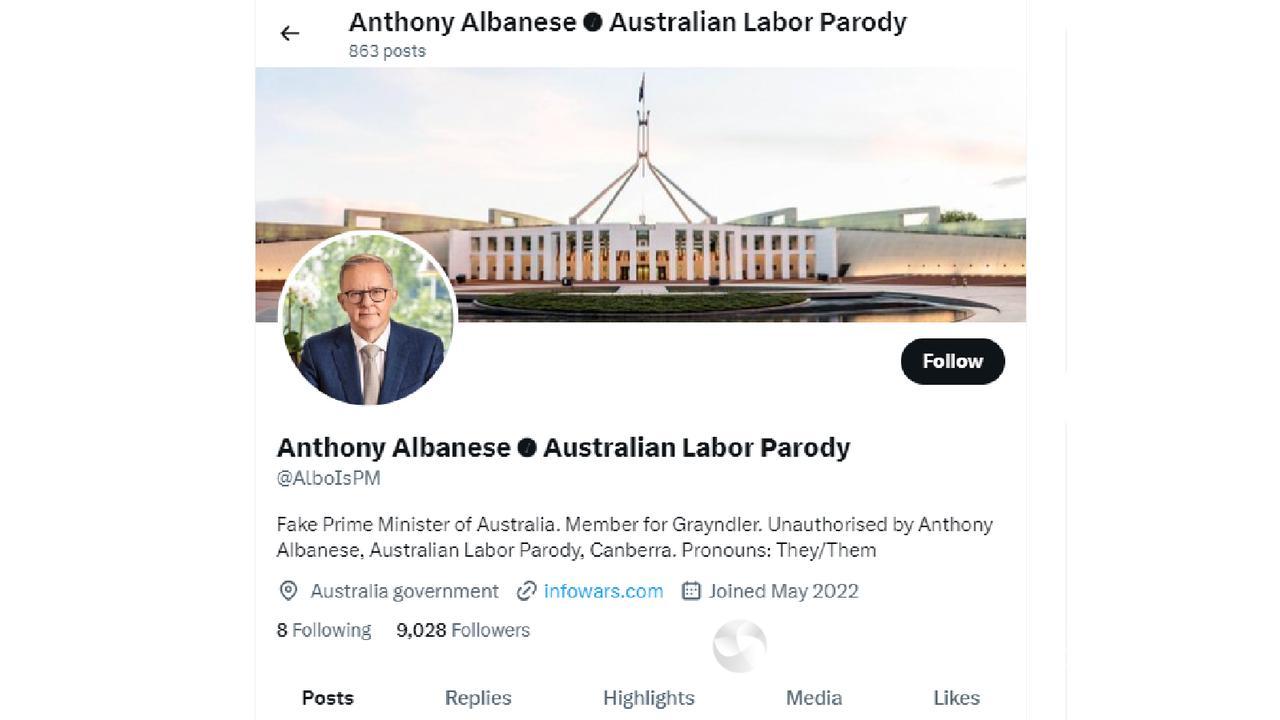Social media posts claim the Aboriginal and Torres Strait Islander voice to parliament is at odds with Australia’s racial discrimination laws.
This is false. Experts told AAP FactCheck there is nothing illegal about the voice proposal, which is in line with racial discrimination laws and international conventions.
The claim has spread widely on social media, as seen here, here, here and here, with posts alleging the voice proposal and voting ‘yes’ in the upcoming referendum is illegal under the Racial Discrimination Act (RDA).
Many of the posts reference sections nine and 10 of the RDA as supposed proof.
However, experts told AAP FactCheck the claims are bogus as the proposed advisory body wouldn’t restrict anyone’s rights.
They also point out the constitution, which needs to be amended to enshrine the voice, is not subject to ordinary legislation like the RDA.

One Facebook post (archived here) claims: “The Racial Discrimination Act 1975 … clearly contradicts the Voice Referendum to such an extent that what Albo is trying to enshrine into the Constitution is nothing short of racial discrimination, and illegal,” referring to Prime Minister Anthony Albanese by his nickname.
“How can you even consider a Voice Referendum to alter the Commonwealth of Australia Constitution knowing that the very essence of the Voice Referendum flies in the face of the Racial Discrimination Act 1975 as well as the International Convention on the elimination of all forms of racial discrimination.
“Sect 10 will simply nullify the so called Voice under law…”
Another post (archived here) also references section nine of the RDA, as well as the Criminal Code Act.
“Read the Racial Discrimination Act 1975. It clearly states in sec 9 that it is unlawful to favour one race over another,” it claims.
“Add to that, Albo is asking you to vote yes to the Voice, which, under the Criminal Code Act 1995 sec 11.4 is incitement, as he is asking you to unlawfully commit an act (voting yes) to discriminate and favour one race over another.”

The RDA makes racial discrimination in certain contexts unlawful. It was passed after Australia ratified the UN Convention on the Elimination of All Forms of Racial Discrimination.
Section nine allows a person to complain that they have been subject to treatment, on the basis of their race, that limits their rights.
Dr Bill Swannie, an expert in anti-discrimination law at the Australian Catholic University, told AAP FactCheck that to breach this section, the voice would need to restrict the human rights or fundamental freedoms of non-Indigenous people.
“It is not clear that the voice proposal does this, as it does not take away any consultative or advisory access that non-Indigenous people have to parliament,” Dr Swannie said.
Simon Rice, a professor of law at the University of Sydney, agreed.
“A law that allows a body to make representations to the parliament and executive on matters relating to Aboriginal and Torres Strait Islander peoples is not treatment of a person, on the basis of their race, that limits their human rights,” Professor Rice told AAP FactCheck.
Section 10 of the RDA guarantees rights to equality before the law.
Prof Rice said this section could invalidate laws which had a limiting effect on the human rights of a particular race.
“Even if the Constitution were subject to the RDA (which it is not), the voice does not limit the human rights of non-Indigenous Australians,” he said.
“So, no, the claim that the voice to parliament proposal contradicts section 10 of the Racial Discrimination Act is not accurate.”

The constitution is not subject to ordinary legislation like the RDA because it is superior to federal and state laws.
Monash University law professor Paula Gerber told AAP FactCheck the voice proposal included a constitutional amendment, not so that it could bypass the RDA, but to make it permanent.
“Previous Indigenous representative bodies have been cancelled at the whim of the government of the day,” Professor Gerber said.
Prof Gerber pointed to comments from Race Discrimination Commissioner Chin Tan and the UN Committee on the Elimination of Racial Discrimination, which state the voice proposal is in line with international conventions.

Dr Swannie also said advocating for the voice to parliament could not be considered incitement because the proposal was not unlawful under discrimination law.
“This is an inflammatory and inaccurate statement,” he said.
The Verdict
Claims the proposed voice to parliament breaches the Racial Discrimination Act 1975 are false.
While the constitution is not subject to ordinary legislation, experts told AAP FactCheck the voice would not breach discrimination laws even if it was because it would not limit the rights of non-Indigenous people.
False – The claim is inaccurate.
AAP FactCheck is an accredited member of the International Fact-Checking Network. To keep up with our latest fact checks, follow us on Facebook, Twitter and Instagram.
All information, text and images included on the AAP Websites is for personal use only and may not be re-written, copied, re-sold or re-distributed, framed, linked, shared onto social media or otherwise used whether for compensation of any kind or not, unless you have the prior written permission of AAP. For more information, please refer to our standard terms and conditions.


















